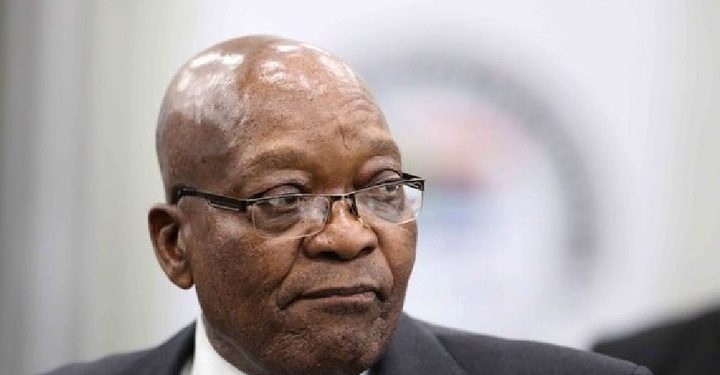Former South African President Jacob Zuma is back in the spotlight following a recent inquiry that uncovered millions in legal fees for his various court battles funded by controversial businessman Louis Liebenberg. The inquiry has concluded that Zuma must repay approximately R12 million, labeling the funds as stolen.
These funds were used to cover legal costs associated with Zuma’s numerous corruption cases, including those stemming from the notorious arms deal and the recent parole controversy. Liebenberg, known as a diamond dealer, allegedly provided these funds through a complex network of trusts and companies, raising serious ethical and legal questions regarding the arrangement.
Inquiry Findings and Implications
The inquiry, chaired by Judge Phillip Zondo, highlighted the dubious nature of the financial contributions, with officials now taking steps to recover the money from the former president. “This is a clear case of using stolen money to fund legal fees,” a representative from the inquiry stated. “Mr. Zuma’s financial support from Mr. Liebenberg came from funds that have dubious origins, and we will be working to ensure that this money is paid back.”
Liebenberg himself is not without legal challenges, facing allegations of tax evasion and questionable business practices. His connection to Zuma has intensified scrutiny on both men as investigators explore the financial links between them.
Zuma’s Defense and Political Reactions
Zuma’s legal team has denied any wrongdoing, asserting that he was unaware of the questionable nature of the funds. His spokesperson, Mzwanele Manyi, claimed that Zuma accepted financial assistance from Liebenberg as part of a longstanding personal relationship, maintaining that the former president did not solicit any illegal funds. “This is a politically motivated attack to tarnish his name,” Manyi asserted.
The inquiry’s findings have ignited calls from opposition parties, including the Democratic Alliance (DA) and the Economic Freedom Fighters (EFF), for Zuma not only to repay the money but also to face further legal consequences. DA leader John Steenhuisen condemned the situation, stating, “This is another example of the culture of corruption that has defined Zuma’s presidency. He should not only pay back the money but be held accountable for accepting funds that were clearly tainted.”
Potential Legal Consequences
The inquiry report has been submitted to the National Prosecuting Authority (NPA), which will decide whether to bring additional charges against Zuma and Liebenberg. Legal experts suggest that this could complicate Zuma’s already fraught legal situation. If the NPA chooses to pursue this matter, it may exacerbate the numerous charges the former president is currently facing, further entangling him in ongoing legal battles.
Public and political reactions to the inquiry’s report have been swift, with many questioning whether Zuma will comply with the order to repay the funds or resist in court. As the situation unfolds, it sets the stage for yet another chapter in the tumultuous legal saga involving South Africa’s former president.






















